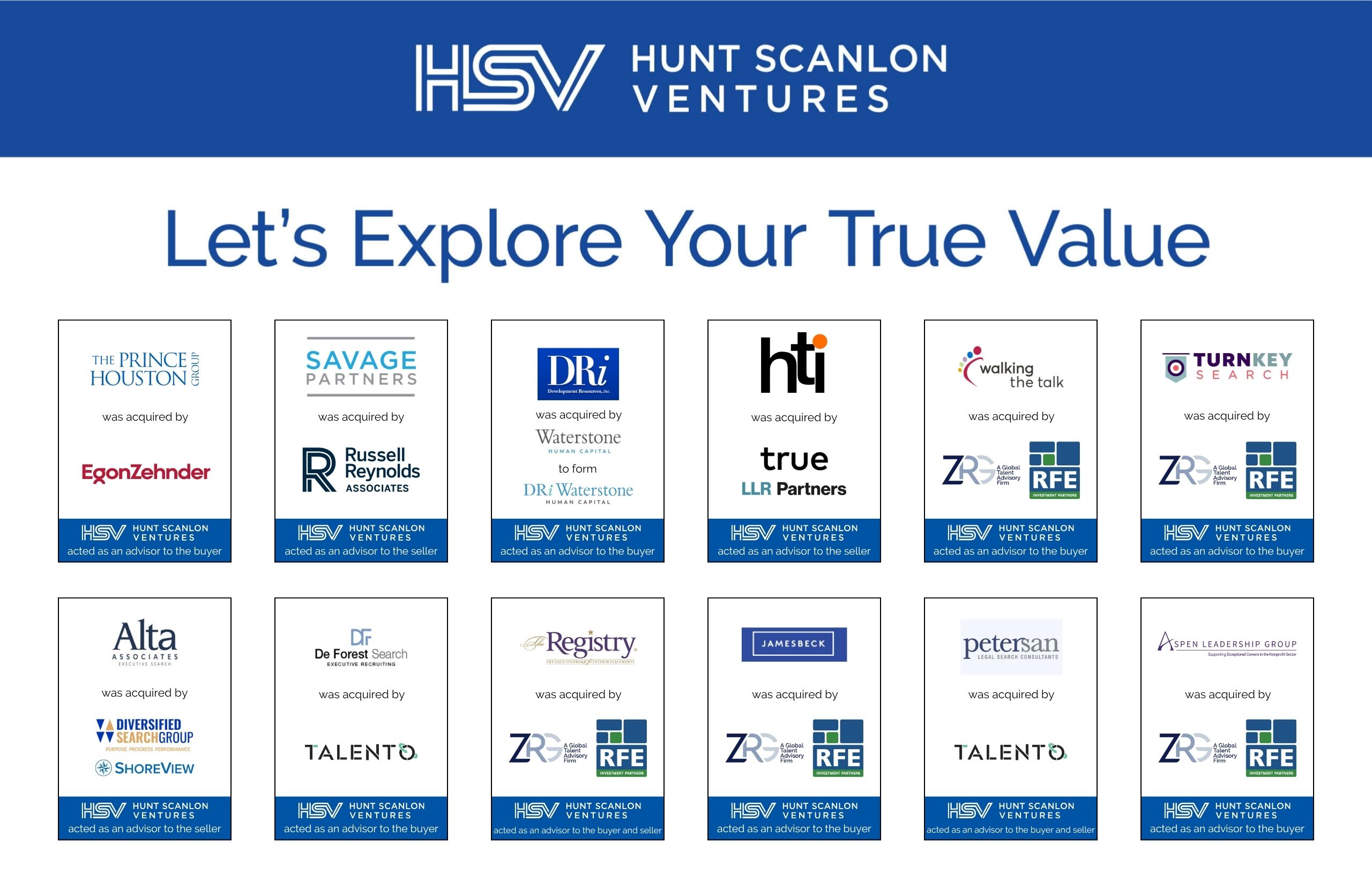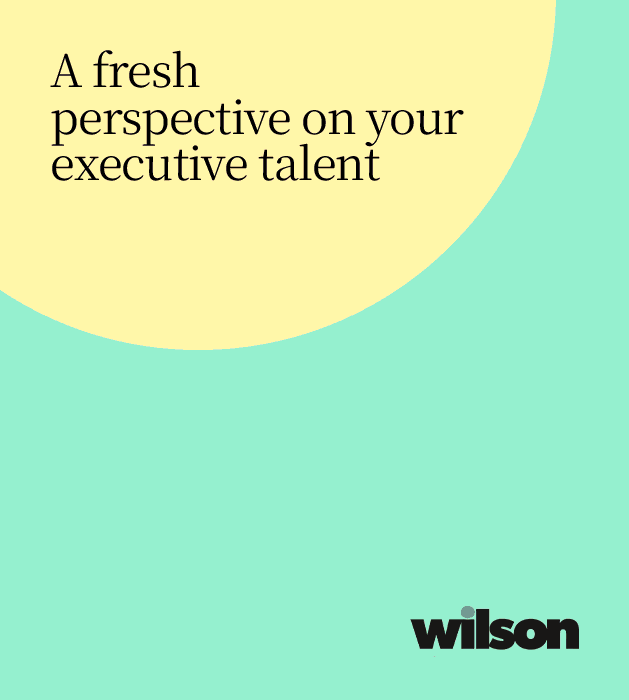The world’s top executives are no longer just business leaders. They’re stepping forward as societal influencers and strategic collaborators in a time of sweeping change. Evan Berta, an associate at Hunt Scanlon Ventures, explores Egon Zehnder’s latest global CEO survey and what it reveals about leadership, complexity, and culture.
Egon Zehnder’s The CEO Response survey, which gathered insights from 472 global CEOs, finds near-universal consensus that the coming decade will be anything but business as usual. A striking 76% of CEOs expect “groundbreaking systemic changes” in the next 10 years across economics, politics, energy, and technology.
What’s notable, though, is the mindset shift this disruption is prompting. “Many CEOs are envisioning identities that extend beyond leading their business and are repositioning themselves to help shape new realities across society,” the report noted.
In a reflection of expanding responsibility, 80% of CEOs believe that solving global challenges like climate change and inequality should no longer fall solely on governments. “Business leaders should take greater responsibility and even step in where politics reaches its limits,” said one report respondent.
Existential Challenges
This doesn’t mean grandstanding. CEOs should be avoiding noisy rhetoric and polarization. Instead, they should position themselves as deliberate, trusted contributors in a changing geopolitical landscape. One respondent summed it up this way: “Relevance requires responsibility.”
“Many CEOs are envisioning identities that extend beyond leading their business and are repositioning themselves to help shape new realities across society.”
When it comes to leading their own organizations, CEOs say their top existential challenges are talent acquisition and development, AI adoption and impact, and market disruption and geopolitical instability. But most don’t believe they’re fully prepared to meet these challenges.
“Few CEOs believe their organization is fully prepared to meet the complex challenges ahead,” the report said, calling the work ahead “evolutionary and ongoing.”
To lead through this, CEOs are investing more than ever in themselves – and in their people. They cite the need for “cultivating a culture of curiosity and open-mindedness,” “lifting the collective ambition,” and “ensuring the inclusion of diverse and challenging views.”
According to Evan Berta, an Associate at Hunt Scanlon Ventures, this new emphasis on adaptability and relational skills is already shaping the executive search and leadership advisory space. “We’re seeing growing demand for leaders who not only deliver operationally but also set a tone culturally,” he said. “CEOs are asking for executives who can navigate ambiguity and create alignment in complex systems,” he noted.
Role Model & Network Builder
Today’s complexity calls for new leadership muscles. 75% of CEOs see role-modeling as a powerful lever, and 59% say the same about fostering networks to explore collaborative impact. CEOs are turning to their senior teams, boards, and other CEOs to make sense of a rapidly changing world.
The modern CEO, as the report puts it, is “among the most attentive observers of a world that is re-ordering itself.” And they are choosing to lead not just with authority, but with humility, adaptability, and purpose.
“We’re seeing growing demand for leaders who not only deliver operationally but also set a tone culturally.”
“These kinds of leadership traits are increasingly influencing how firms build out succession plans,” Mr. Berta noted. “The traditional criteria for top talent are evolving, where empathy, resilience, and long-term thinking are now at the top of the checklist.”
Redefining Leadership
Egon Zehnder’s study reveals a generational inflection point in global leadership. “CEOs today face a historic opportunity to step beyond being mere witnesses to change – and to embrace the role of architects for a better future.”
As 2025 unfolds, the leaders who will thrive are those who are willing to extend their influence beyond performance metrics. Investing in human capital, culture, and having a broader impact will matter most. In a world increasingly defined by complexity, the best CEOs are choosing to engage rather than retreat. And in doing so, they’re redefining what leadership means in the modern era.
Article By

Evan Berta
Evan Berta is Editor-in-Chief of ExitUp, the investment blog from Hunt Scanlon Ventures designed for professionals across the human capital M&A sector. Evan serves as an Associate for Hunt Scanlon Ventures, specializing in data analysis, market mapping, and target list preparation.






